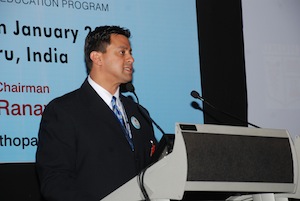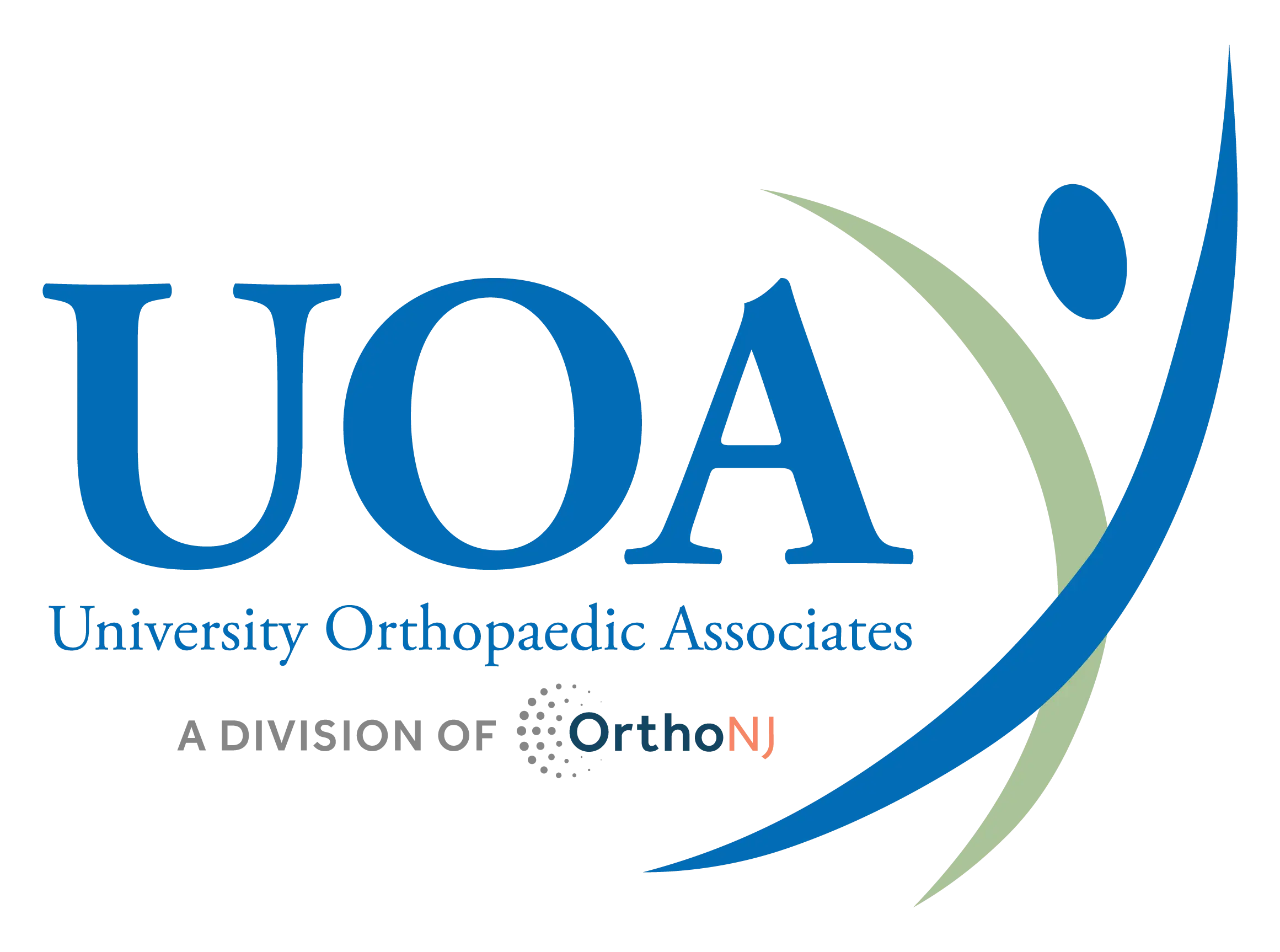UOA’s Dr. Dhawan Travels to India to Teach Sports Medicine, Get a Taste of Native Heritage and Culture

With a passion for his craft, Dr. Aman Dhawan, sports medicine and shoulder surgery specialist at University Orthopaedic Associates, LLC (UOA), found himself in a very familiar place, but in a completely different role as he traveled to India to participate in the annual Hospital for Special Surgery/Ranawat Orthopaedic Conference.
“I was excited to be involved in this endeavor from both an academic and cultural standpoint” said Dr. Dhawan, who hasn’t traveled back to India since he was 17 years old. “I hadn’t been [to India] in 20 years, not since high school, but as soon as I stepped off the plane it brought back a lot of memories.”
Dr. Dhawan was tapped to participate in the conference because of his expertise in shoulder surgery and sports medicine. At the conference, he gave lectures on the management of chondral injuries of the knee, arthroscopic rotator cuff repair, superior labral tear from anterior to posterior (SLAP) repair and shoulder instability with bone loss. Additionally he moderated the session on shoulder injuries.
Dr. Dhawan was thrilled to share his knowledge with and learn from orthopedists from around the world, but traveling to India was certainly an added bonus. “Even when I was in residency back in 2000 I knew people were doing orthopedics overseas with volunteer groups and I knew I wanted to be a part of that someday,” he said. “This fulfilled a lot of facets of what I love to do. I love teaching and practicing sports medicine. It was great to bring those two passions together.”
More than 600 surgeons from India and Southeast Asia attended the conference. The faculty was comprised of approximately 25 Indian and South Asian orthopedic surgeons along with about 12 from the United States and other parts of the world.
As Dr.Dhawan admits himself, he is a “sports medicine nerd,” and found that many of his favorite moments of the conference were the informal conversations with attendees in engaging discussions revolving around surgical principles and techniques regardless of the technologies available.
“So much of what we do in sports medicine and shoulder surgery is contingent upon what we have available, not just in implants, but also biologics,” Dr. Dhawan said. “Most sports specialists would agree that biologics is currently, and will continue to be, the next major push forward in terms of research. We’ve figured out much of biomechanics that make our surgical repairs very mechanically sound. The other part of the equation is the biology to help it heal.”
He added that he truly felt that everyone, including lecturers, were there to learn from each other the best practices to help their patients.
“I think that’s what it’s all about; how can we take our abilities to the next level?” he said. “How can we improve our surgical techniques and better our patient outcomes, realizing that every step we can take towards those goals makes it better.”
Just a few days after his short four-day trip to India, Dr. Dhawan was back to teaching at the Master’s shoulder course at the Orthopaedic Learning Center in Chicago where he found that many of the same topics discussed in India were being discussed right here in the U.S.
When asked if he would return to India if invited again, Dr. Dhawan said “In a heartbeat.”

